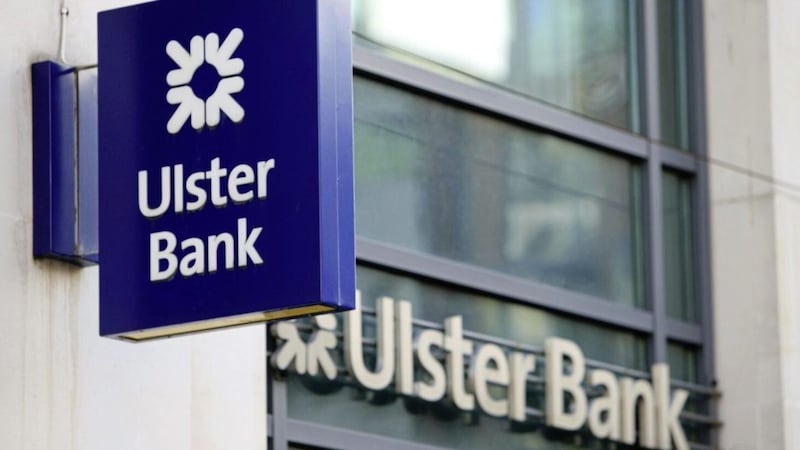QUESTION: I am keen to gift shares I own in my trading company to my son and the business premises that I own personally to a trust for the benefit of all my children but I need to understand the inheritance tax (IHT) implications of doing this?
ANSWER: Business property relief (BPR) for inheritance tax (IHT) purposes is perhaps most commonly claimed in respect of an individual’s owner-managed business. The rate of BPR for the individual’s shares in an unquoted trading company is 100 per cent in most cases. The same generally applies to a business, or an interest in it (ie for sole traders and partnerships).
Also, BPR at the lower rate of 50 per cent applies to certain categories of property including a transfer of land and buildings used in the business of a company controlled by the transferor (or by a partnership of which he was then a member). ‘Control’ is defined broadly in terms of the exercise of a majority of voting power on all matters affecting the company as a whole.
In the case of land and buildings used by an unquoted trading company, it is important to note the requirement that the company must be controlled by the transferor. For example, a controlling shareholder of the company who owns the business premises may wish to make gifts of shares and the premises at different times. A gift of the shares before the premises can result in BPR at 50 per cent being lost on a subsequent gift of the premises.
If I can use the facts from a recent client meeting, John owned 75 shares (ie 75 per cent of the shares and voting rights) in J Limited. His son, Tom, owns the other 25 shares (25 per cent). The company traded from premises that John owned personally. John decided to retire and let Tom take over the business. John gifted 65 shares to Tom on December 31 2014, and retained the other 10 per cent of the shares.
On April 6 2015, John created a family discretionary trust, and decided to gift the business premises to the trustees.
John was expecting to be able to claim BPR at 50 per cent on the chargeable transfer of the business premises into trust. However, he was disappointed to discover that no BPR was available, as he did not control J Limited immediately before the transfer.
In this example, unfortunately John’s gifts were made in the wrong order. Had he gifted the business premises to the trustees before his gift of shares to Tom, BPR at 50 per cent would have been available on the gift of the premises. It is important to note that the gift of shares to Tom were a potentially exempt transfer, so the availability of BPR on the gift would not need to be tested if John survived at least seven years from gifting the shares.
However, making gifts in the above order is not necessarily a problem, depending on the circumstances. For example, in determining whether a person is deemed to control the company, any shares that are related to property are taken into account. ‘Related property’ includes property comprised in the estate of a spouse (or civil partner).
Therefore in the example provided, the facts are the same except that John originally held 51 shares (51 per cent) and his wife Mary held the other 49 shares. John gifted 41 shares to Tom, and retained the other 10 per cent as before.
John’s subsequent gift of the business premises is eligible for BPR at 50 per cent, as John (through his 10 per cent and his wife Mary’s 49 per cent holdings) would be deemed to control the company immediately before the property is gifted.
The loss of BPR at 50 per cent due to making gifts in the wrong order is not necessarily a disaster for IHT purposes, as the gifts may be potentially exempt transfers, which becomes exempt if the donor survives seven years from the date of making the gift.
However, careful consideration should be given to the order of sales/ gifts of business assets and tax advice should be taken well in advance of decisions being implemented.
:: Janette Burns (j.burns@pkffpm. com) is associate director at PKFFPM (www.pkffpm.com). The advice in this column is specific to the facts surrounding the question posed. Neither The Irish News nor the contributors accept any liability for any direct or indirect loss arising from any reliance placed on replies.








